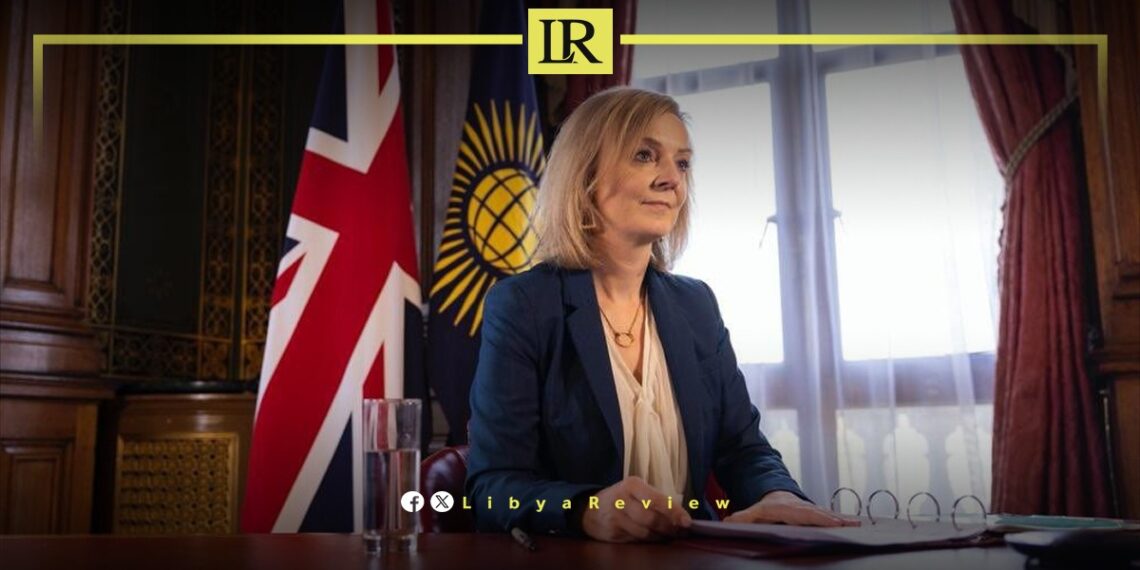On Monday, the British Foreign Office updated its travel advisories, placing Libya among 24 countries deemed unsafe for British tourists, according to a report by “The Daily Mirror.” This advisory list, curated to guide British nationals, strongly discourages travel to these regions unless absolutely necessary due to safety concerns.
Alongside Libya, the list includes countries like Iraq, Lebanon, Palestine, Somalia, Syria, Yemen, Sudan, Afghanistan, Belarus, Burkina Faso, Central African Republic, Chad, Haiti, Iran, Israel, Mali, Niger, Russia, South Sudan, Ukraine, and Venezuela.
Libya’s situation is particularly critical, as the country has been engulfed in chaos since the 2011 NATO-backed uprising that ousted long-time leader Muammar Gaddafi. The power vacuum that followed has led to a fragmented state with multiple factions and militias vying for control, significantly impacting regional stability and posing threats to foreign nationals.
The UK’s restrictive travel stance towards Libya and other listed countries aims to safeguard its citizens from potential risks such as kidnapping, terrorism, and sporadic violent conflicts. The advisory is also a reflection of the complex geopolitical dynamics in these regions, where external interventions and internal disputes have often exacerbated conflicts.
For Libya, the travel ban underscores ongoing international concerns about the country’s ability to ensure safety within its borders. This comes amidst efforts by various Libyan factions to achieve stability through UN-led peace talks and national reconciliation efforts, although progress has been slow and fraught with setbacks.
The situation in Libya not only affects its own citizens but also has broader implications for migration patterns into Europe, international oil markets, and global security architecture. The continued listing of Libya on the UK’s travel advisory is a stark reminder of the long road ahead in resolving the multifaceted conflicts that plague the region.
This updated travel advisory serves as a critical guideline for potential travelers, highlighting regions where instability continues to pose serious challenges, and underscores the need for ongoing international dialogue and intervention to address these issues effectively.


